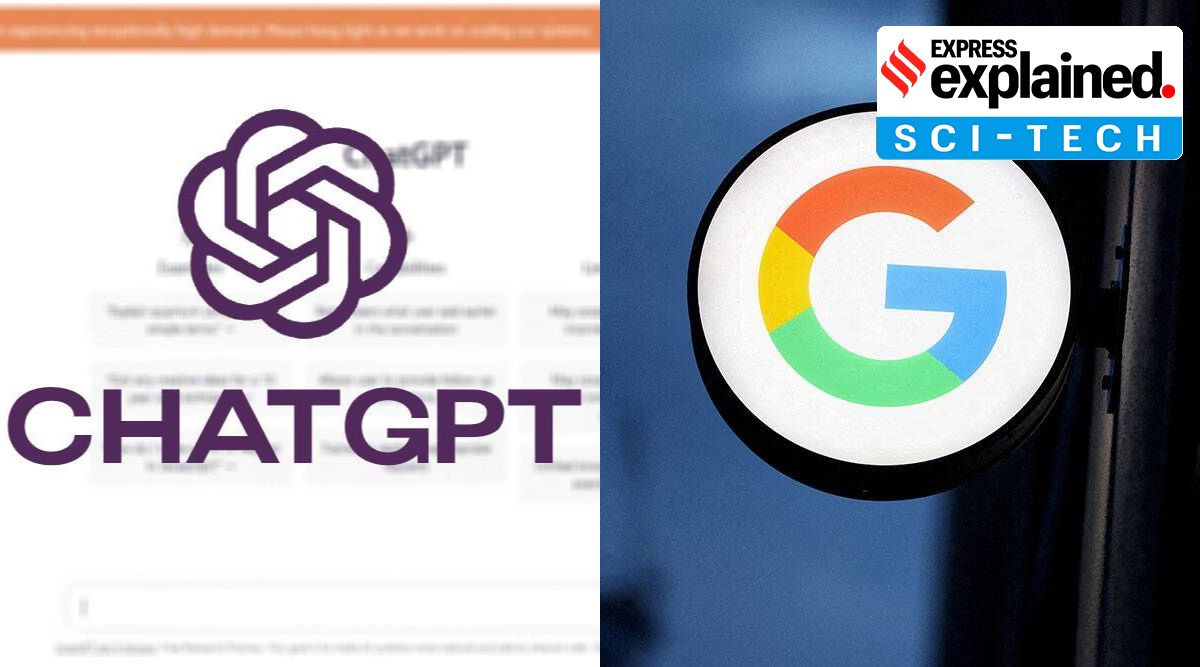
Google has made a significant stride in the competitive world of generative Artificial Intelligence (AI) by revealing its latest project, the chatbot “Bard”. This announcement comes as a response to OpenAI’s highly successful AI chatbot, ChatGPT. The introduction of Bard into the market intensifies the competition to establish the future of internet search.
The announcement has sparked excitement and speculation among industry experts, as Google is widely recognized as one of the biggest players in the tech world. The company’s decision to venture into the generative AI market highlights the growing importance of chatbots and their potential to revolutionize the way we interact with technology.
Bard’s launch in the near future is expected to shake up the AI chatbot industry, as it will offer a new and powerful alternative to existing chatbots. However, it is important to note that Google has not yet made any statements about integrating Bard with Google Search results.
In conclusion, the announcement of Google’s latest project, Bard, is a significant development in the world of generative AI. Its launch will bring new and exciting opportunities for users, and is sure to keep the competition in the industry heated up in the coming months.
So how will Google’s Bard work?
Google’s latest project, Bard, is a chatbot service that utilizes artificial intelligence to provide text-based answers to user queries, much like ChatGPT. The company has stated that Bard can assist users with tasks such as planning a baby shower, comparing movies, and explaining scientific discoveries to children.
Google CEO Sundar Pichai mentioned that Bard is already accessible to selected testers and aims to bring the vast knowledge of the world to a conversational interface. The chatbot is based on LaMDA, Google’s AI model for language generation in dialog applications, ensuring the ability for the Google Assistant to converse on any subject matter.
What is the key difference between Chat GPT and Google’s Bard?
It appears that Google has a formidable advantage in the battle against ChatGPT, with the ability to harness information from the web. In its recent blog post, Google stated that Bard “draws on information from the web to provide fresh, high-quality responses.”
While ChatGPT has garnered attention for its ability to respond to intricate queries with varying levels of accuracy, it falls short in its inability to access real-time information from the internet. ChatGPT’s language model was trained on a massive dataset to generate text, but this dataset only contains information up until 2021.
However, according to a demo presented by Google, Bard appears to be a force to be reckoned with, even in situations where answers are not readily available. The chatbot has the ability to synthesize responses that reflect diverse perspectives, making it a powerful tool for users.
With the race to build AI-based generative chatbots hotting up, what are the concerns?
While the text generation software from both Google and OpenAI may seem impressive, they are unfortunately susceptible to inaccuracies and errors, as experts have highlighted. The ability to search the web in real-time, including content with hate speech, racial and gender biases, and harmful stereotypes, could cause significant problems and detract from the overall appeal of these products.
OpenAI has taken a more transparent approach in developing ChatGPT, however, Google has admitted to taking a more cautious approach with Bard, given the potential risks involved for the corporation. In 2020, AI researchers at Google released a draft research paper that emphasized the need to proceed with caution when developing text generation technology. This reportedly caused some tension within the company, leading to the firing of two prominent researchers, Timnit Gebru and Margaret Mitchell.
As the competition between Google and OpenAI intensifies, it is essential to ensure that both Bard and ChatGPT are developed in an ethical and responsible manner, to prevent harm to the public and maintain trust in these advanced technologies.
Naszyjnik Waga
February 23, 2024 at 9:43 amYour post was incredibly enlightening. I appreciate the effort you put into making complex topics clear.
rampalshekha1999
February 28, 2024 at 5:35 pmappreciate it